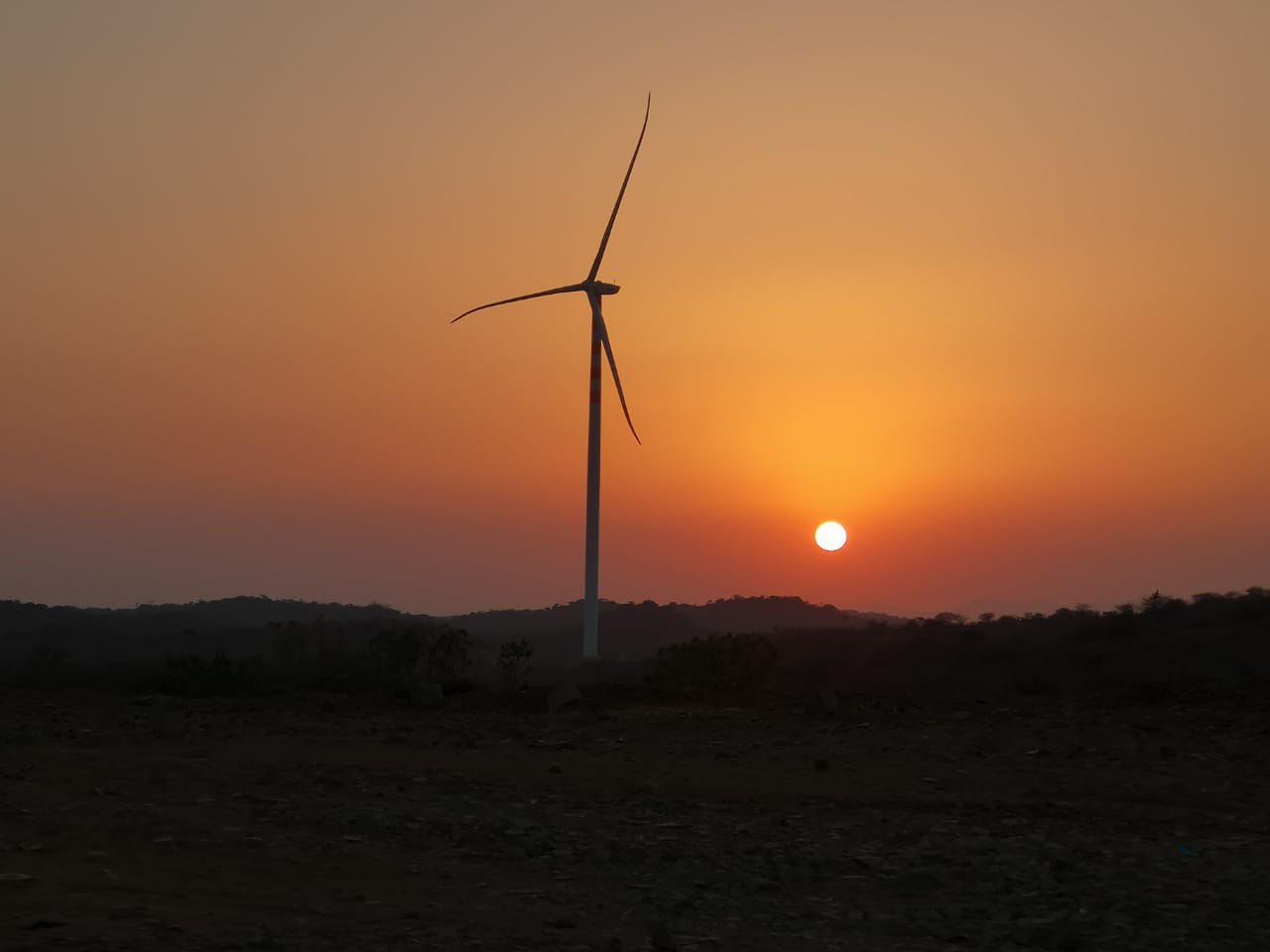Sprng Energy is a wholly-owned renewable energy platform in India, focused on solar and wind projects supplying power to electricity distribution companies across the country. Established by Actis in 2017 with an initial seed asset of 330MW, it grew to encompass more than 2.1GW of operational renewable energy assets, with a further 7.5GW in the pipeline. In 2022, Actis agreed to sell the company to Shell.
Context
Demand for electricity among residential and business users across India is on the rise thanks to the country’s growth, while a lack of domestic oil and gas supplies coupled with concerns around the environmental impact of adding further coal-fired thermal plants to the energy mix has prompted the government to press for more renewable power.
The government’s plans aim to capitalize on India’s abundant sunshine and strong winds. Meanwhile renewable energy is also an increasingly affordable power source: it can now produce electricity at between 20% and 40% lower cost than a new thermal plant in India.
What we did
Drawing on our experience of successfully creating and building renewable energy businesses globally, we established a new platform. Our deep local networks enabled us to identify an experienced executive to join as CEO: this became the first building block in what was to be a rapid transformation from start-up to a fully-functioning and fast-growing business.
The outcome
With a chief executive signed up, Actis set about filling Sprng Energy’s pipeline. With auctions taking place before the company’s executive team was fully in place, Actis led and undertook the preparation and due diligence work around the initial asset acquisition, with the first solar park auction won in early 2017.
With the first auction won, Actis started building out the Sprng Energy team. By the end of the year, the company had grown to encompass 30 employees. The following year, we recruited a chief financial officer, a new head of wind and a new head of operations and maintenance to complete the senior hires, as well as adding to other departments.
By 2018, Sprng Energy had taken on significant further capacity, having won auctions for two more solar and two wind sites. In the following years the company went from strength to strength, acquiring a number of other assets as it grew its reputation in the market.
At the time of Sprng Energy’s acquisition, Shell praised the company’s ability to generate cash, its excellent team, its strong and proven development track record and healthy growth pipeline. It said it was confident Sprng Energy would be able to help create even more opportunities for growth. Actis meanwhile continues to invest in buy-and-build renewable energy assets around the world, ensuring the benefits of a just energy transition are made available to all.
Sustainability
Sprng Energy provides affordable, clean electricity to the country’s homes and businesses, supporting the goals of the energy transition. Sprng Energy also embedded industry-leading environmental, social and governance standards, supported by our belief that strong sustainability credentials in a business are integral to its value. Sprng Energy, in common with all our portfolio companies, appointed a head of ESG who was directly accountable to the board and who was responsible for identifying and managing any potential ESG issues, while also developing initiatives for community engagement.
With our guidance, the company put in place best-in-class and award winning health and safety governance across all sites (achieving over 6.5 million man safe hours over the lifetime of Actis’ investment) – a move that helped raise benchmarks across the wider industry. Sprng Energy’s employment terms were among the best for the industry in India, offering fair wages and market-leading working conditions in a market where these are often far from standard (e.g. Sprng developed IFC standards-aligned guidelines for workers’ accommodation). Sprng’s dedicated community investment strategy (which for example supported educational and clean water infrastructure) reached approximately 64,000 beneficiaries and generated annual community earnings of US$ 2.500 on account of community training and skills development.
